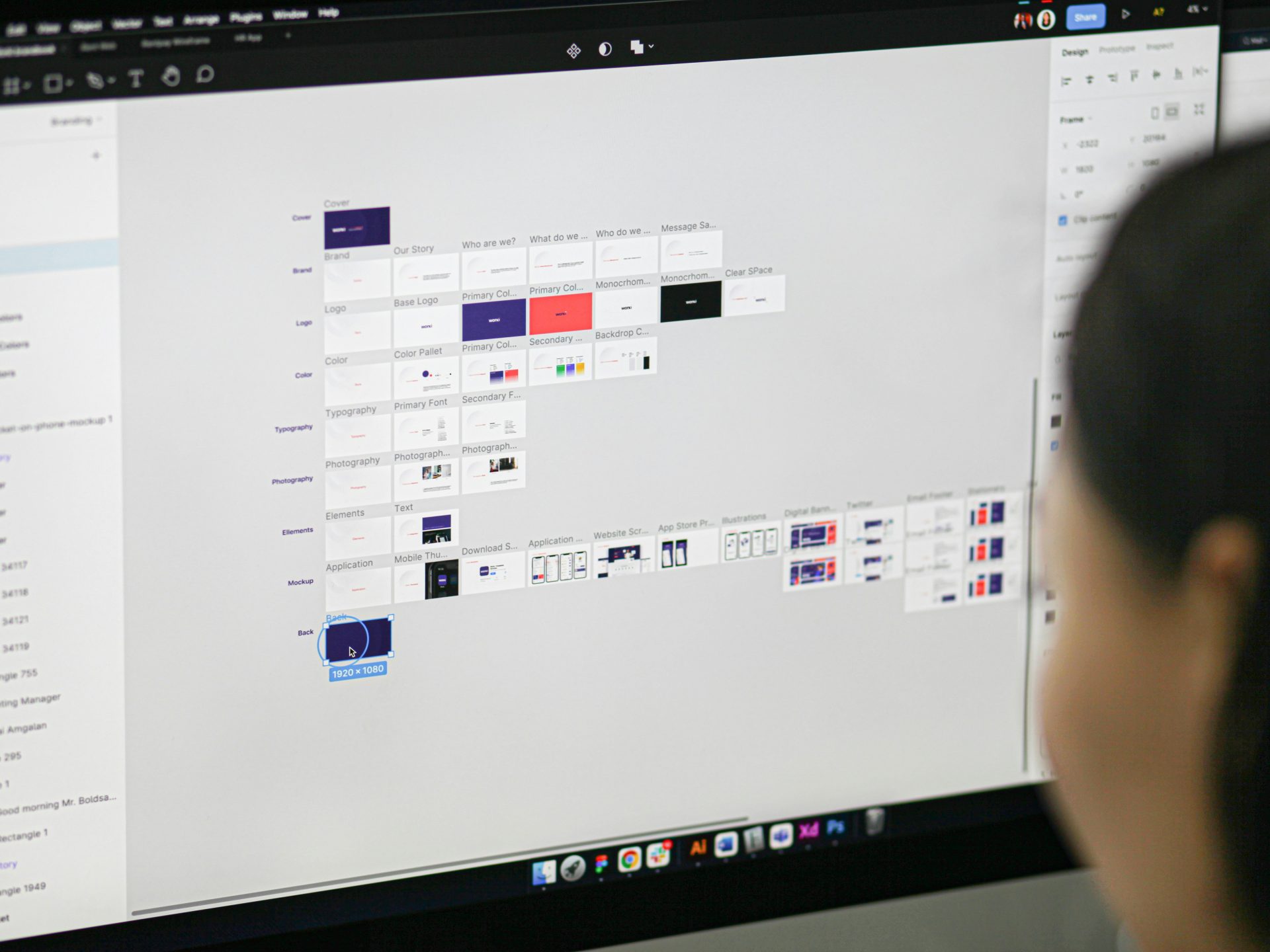You have probably heard about onsite SEO – the actions you can take on your website to optimize it for Google search and improve your rankings. To get the full benefits of onsite SEO, you need to have an active blog on your site.
We’ll get into why this is important in a moment, but let’s first clarify what having an active blog means.
The best blogs are those that are informative and helpful, i.e. they don’t try to obviously sell your business, products, or services. Creating evergreen content is important too, so the blogs you write are as relevant in the future as they are today.
In relation to having an active blog, the frequency you should publish will depend on the resources you have available either in-terms of in-house resources or the investment you want to make.
So long as you are publishing high-quality and unique blogs, there isn’t really an upper limit on frequency. In terms of a minimum frequency, you should publish at least once a month, if not more.
Why Blogs Are Important to Onsite SEO
Blogging delivers both offsite and onsite benefits, including helping you build backlinks to your website (which is an offsite SEO objective). In this guide, we are concentrating on the onsite SEO benefits of publishing blogs on your site.
Target Additional Keywords
It probably isn’t possible to target all the keywords that are relevant to your business on your website’s standard pages, particularly when you get into the many long-tail keyword variations that people use in Google. There are simply too many.
When you write and publish blogs, however, you will increase the number of keywords that appear on your website. This includes accidental keywords that appear naturally in the text you create as well as long-tail keywords you specifically target with new blog topics.
Including more keywords will result in your website appearing on more Google search results pages, which can then bring more traffic to your site.
Adds Fresh Content to Your Site
Google likes websites that are current and active which typically means sites that have new content added on a regular basis. You can do this with blogs.
Increases Time on Site
Google looks at a range of factors when analysing your website, including whether or not it answers users’ queries. The longer people spend on your website, the more likely they are to be satisfied with what they find.
In addition, keeping visitors on your website for as long as possible enables you to get them to visit other pages.
Improves Internal Linking
Another important aspect of onsite SEO is internal linking. Every blog you publish gives you an opportunity to link to other pages on your website.
Helps Build Authority and a Connection with Your Audience
A lot of people wonder what Google is looking for when it ranks their website. There are lots of factors, but most experts believe it can be summed up in three words – relevance, authority, and trust.
Adding a blog section to your website and then regularly publishing blogs can help you build on all three of these factors.
Blogging Options
If you and/or your team are comfortable writing blogs, you should start as soon as possible as it will help your onsite SEO. Investing in SEO and blogging services is an alternative option. The payback will be more visitors to your website and, ultimately, new customers for your business.








